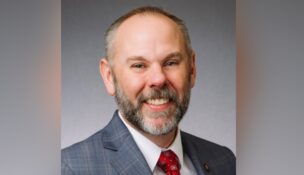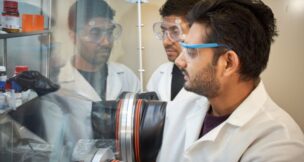9 honorees join Columbia’s City of Women project
Melinda Waldrop //August 27, 2021//
Nine new honorees have been added to Columbia's City of Women project.
The project, in its third year, shares the stories of women who have made significant contributions to the city's history, pushed boundaries and helped create opportunity. Those stories are featured in an interactive map.
The nine newest honorees were nominated by the community, selected by a committee and announced during Thursday's She Did Day, presented by Historic Columbia and the Women's Rights and Empowerment Network. The annual event marks the ratification of the 19th amendment, which guaranteed women the right to vote.
The nine include Columbia attorney Malissa Burnette, one of the founders of Burnette Shutt & McDaniel, who has litigated landmark cases that have paved the way for women to attend state-supported military schools and led to marriage equality in South Carolina.
“(Burnette) is indeed an inspirational woman whose contributions deserve to be documented, shared and celebrated,” Robin Waites, Historic Columbia executive director, said in a news release.
Other living City of Women honorees are Bambi Gaddist, a public health leader who championed HIV education in the 1980s; Mildred McDuffie, a longtime educator, Richland County councilwoman and summary court judge; and Keller Henderson Bumgardner Barron, who served as president of the South Carolina League of Women Voters when the organization was desegregated.
Late honorees are Fannie Phelps Adams, a guidance counselor at Booker T. Washington High School and A.C. Flora during desegregation, co-founder of the Palmetto Cemetery Assocation and a Palmetto Richland Hospital board member; Clarissa Minnie Thompson Allen, a formerly enslaved woman who wrote Treading the Winepress; or, A Mountain of Misfortune, a groundbreaking depictions of racism, poverty, and violence in the post-Emancipation South; Clara Kligerman Baker, a Jewish woman who immigrated to the U.S. from present-day Ukraine and became a business owner, operating a grocery store in a predominantly Black Ward One neighborhood for more than 40 years; Hilla Sheriff, the first female county health official in South Carolina who developed the state's first maternity shelter; and Alice Spearman Wright, the former executive director of the South Carolina Council on Human Relations and a champion for integration.
o















